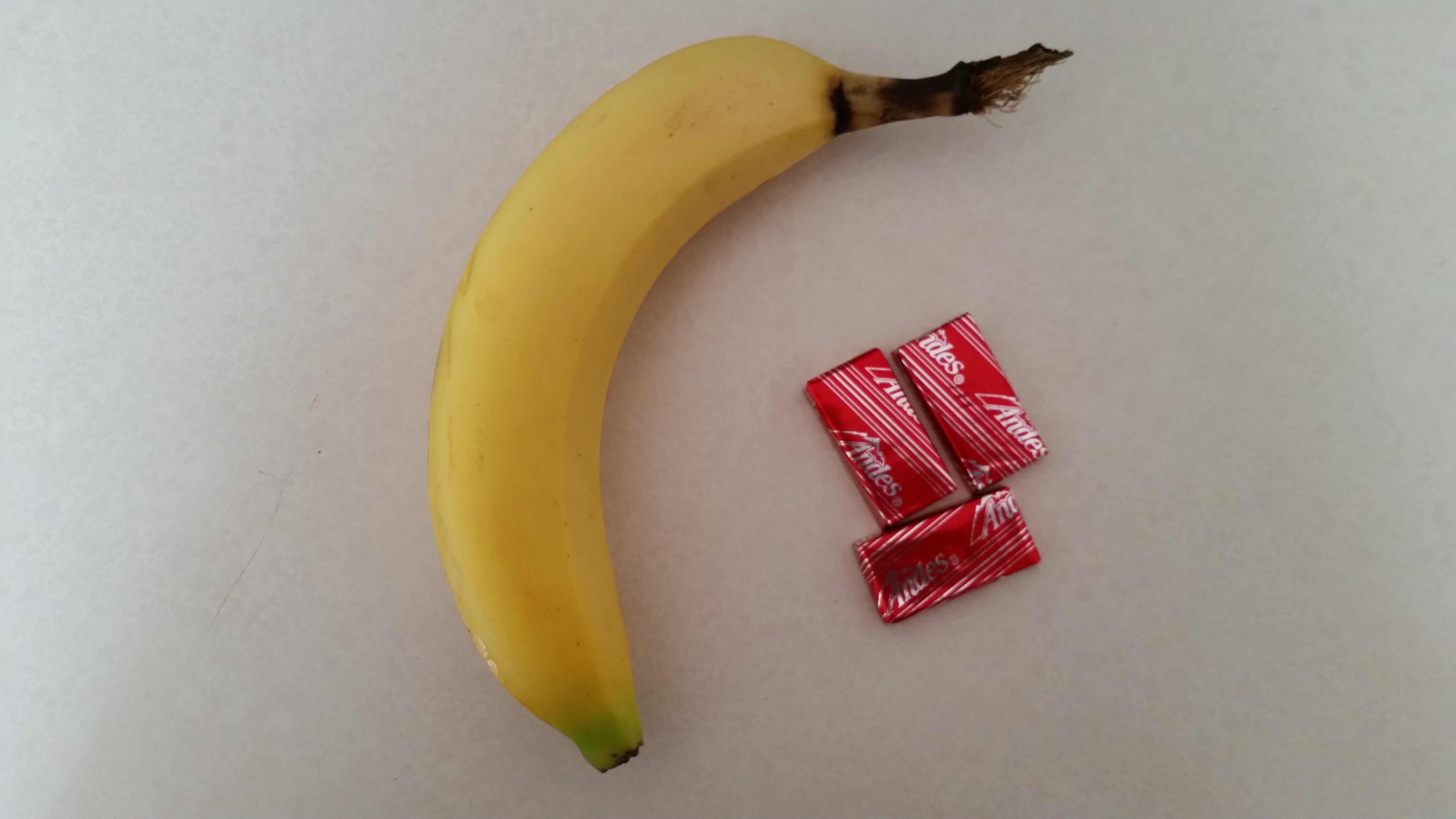Sugar. Sugars are carbohydrates. When speaking in terms of exercise physiology and the function of a carbohydrate, they are used to create energy for various purposes inside the human body. Carbohydrates are used to provide energy to create muscular movement so the human body can move effectively in our everyday lives. Carbohydrates are also used to create chemical reactions in the human body that are involved in muscle resynthesis, the repairing of damaged muscle cells. In addition, when looking at how carbohydrates are utilized during physical activity, they play a large role in making the body perform during athletic activity and exercise.
There are a lot of different viewpoints on what carbohydrate would be the best to choose from to consume to benefit physical activity, exercise and athletic activity. So what’s the best? In order to get a better understanding of what a “good” carbohydrate is, we must first grasp how carbohydrates work to create energy for physical activity, how they help repair muscle tissue and how they can be converted to fat.
Carbohydrates are critical to creating movement in the body. When we want to create a movement, carbohydrates in the form of glucose in the blood stream break down through a chemical process and produces ATP. The ATP will disassociate and produce energy when we desire a certain movement. In exercise we need to produce a sufficient amount of ATP to be able to run efficiently, perform resistance training and have an overall effective workout session. In order to produce ATP, we need enough carbohydrate to be able to perform our desired form of physical activity. When looking at carbohydrates in this manner, eating carbohydrates around exercise is a good thing. Therefore, this would be a good time to consume your carbohydrates.
A beneficial time to consume your carbohydrates would be after a bout of moderate to intense physical activity. In instances of moderate to intense physical activity, we are usually talking about after a 30 minute or more exercise session of prolonged running or resistance training. The rationale behind consuming a carbohydrate source after exercise is that the body utilizes ATP once again for repairing the muscles that have been stressed throughout the exercise session. Muscles will bond onto sugars in the blood stream and break them down into ATP in order to fuel the muscle cells that have been stressed to latch onto proteins in the blood stream. The muscle grab onto proteins in the blood stream to fill in the micro tears that have been induced by the exercise session. Therefore, in the case of muscular resynthesis, the body will utilize carbohydrates after a bout of strenuous exercise to repair muscle. This will benefit recovery after the exercise session and the days following exercise. This is a very beneficial time to consume carbohydrates.
Now that we know when to consume a carbohydrate, let’s talk about what types of carbohydrates are the best to consume versus the one’s that will not benefit us before and after exercise or any other time. Any carbohydrate that comes from it’s raw and natural state will always trump a carbohydrate that has been denatured or refined. For example, fruit comes from a very natural state… “natural” meaning it came from nature. I can go outside and pick an orange from a tree in my back yard. Carbohydrates such as fruit and unrefined grains seem to be the safest bet because they sit well in your stomach and do not elicit a gastrointestinal distress syndrome as prevalently as refined carbohydrates. These natural, unrefined carbohydrates do not seem to bloat the human body as much as carbohydrate such as bread, breakfast bars and pastries. Most of the time, it appears that a carbohydrate that has not undergone a period of refinement or processing will digest in the stomach easier and not cause adverse reactions on the body. Therefore, carbohydrates those come from natural sources, such as trees or the bulk section of a natural food store that have no other ingredients in them, are a “good” carbohydrate.
On the other hand, carbohydrates such as table sugar, cereals, breakfast bars and bread more often than not seem to make the body move slower, give individuals symptoms of bloating and gastrointestinal distress, like burping, farting and nausea symptoms. Theories behind this rationale are that a denatured and processed food is more difficult for the digestive system to break down and utilize as ATP. The other additives that are added into processed carbohydrates are believed to cause an inflammatory response in the digestive tract and cause bloating and gas like symptoms. If there body cannot recognize a simple form of breaking a carbohydrate down to utilize for energy, it will delay the digestion process and also cause adverse reactions which will slow down efficiency during and after exercise. In addition to slowing down energy production during exercise, the refined and denatured carbohydrates will be present longer in the stomach and cannot be utilized as energy as efficiently, leaving excess carbohydrate just sitting there. When carbohydrates are not utilized in a timely manner, the body will recognize this as a means for storage, in which case fat cells will gladly convert left over carbohydrates to make themselves larger… and fatter. Therefore, “bad” carbohydrates are refined and denatured carbohydrates that come in a package, cereal box or in the form of bread on the shelf.
Carbohydrates are a good thing for the human body. We just need to discern when to consume them and make sure that we have a good reason to consume them. Adopting a solid exercise routine will help our bodies to utilize carbohydrates and give benefits to the function of our bodies throughout our everyday lives. We also need to know why certain carbohydrates make us feel the way we do after we eat them. Just make sure to eat the “good” carbohydrates and exercise regularly and you should feel amazing more often than not when eating carbohydrates!

